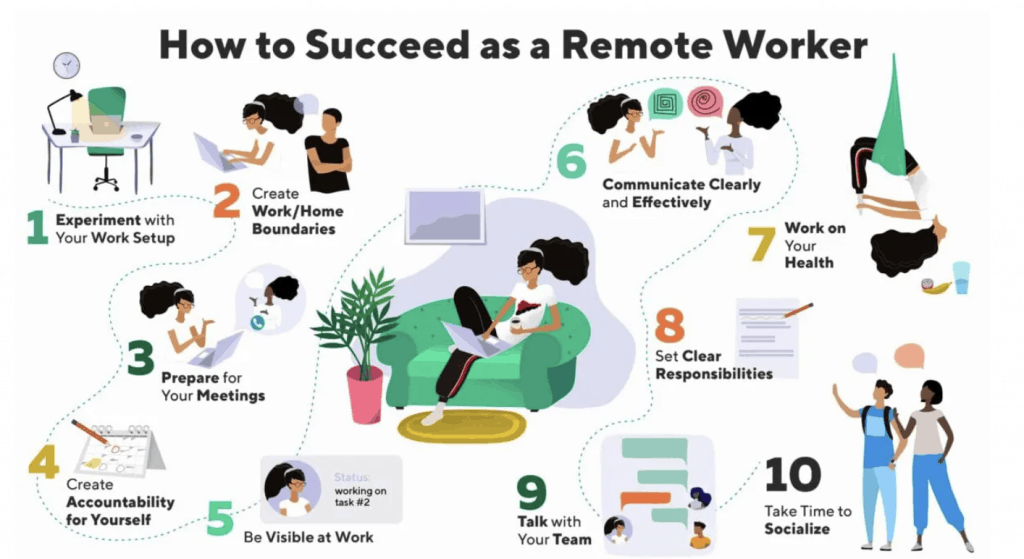
If you’re applying for jobs, you need to present a professional and accurate record of your experience. A well-written resume makes a great impression on potential employers and increases your chances of getting an interview. The key to writing a good resume is focusing on what’s important and eliminating unnecessary information. It’s important to consider the employer’s point of view and what they want to know about you before deciding what to include on your resume. Hiring managers often look at a resume for about seven seconds, so a concise document is more likely to get a thorough reading. Avoid including personal information, such as your birth date, weight and height, health or marital status, religion and affiliations in clubs that are not related to your career. You also should not list references on your resume unless specifically asked to do so, and only provide the names and contact information for those you’ve used as reference in the past (unless you are unable to do so without violating privacy laws). Stick to familiar and easy-to-read fonts, such as Times New Roman or Tahoma. Use margins and white space to keep your document from feeling cramped. It’s a good idea to use a thesaurus to vary your word choices and choose active verbs that convey action, such as “designed” or “achieved.” Avoid using vague, boring and trite descriptions of your work experience, such as “researched” and “coordinated.” Instead, highlight your accomplishments by describing how you improved a process, increased efficiency or achieved a goal. When describing your work experience, be sure to include the type of job and industry you’re interested in. If you’re changing careers, tailor your experiences to show how they are transferable to the new field. For example, if you’re transitioning from managing a restaurant to technical support, don’t omit your skills in customer service or your experience maintaining kitchen equipment; instead, describe how your skills can be applied to a new role. After you’ve proofread your resume, have a friend or family member read it to make sure that it is clearly organized and free of misspellings and other errors. It’s also a good idea to ask for another opinion from someone with expertise in your field. This will ensure that your resume is accurate and reflects the best version of yourself. Finally, save and send your resume as a PDF. This will prevent anyone from altering the document’s format and protect your data from unintended changes. You can also print it out for a hard copy to share with an employer and bring to an interview. In addition, it’s a good idea to have several copies of your resume to give to potential employers or to send as part of an application. UW-Madison students have access to a variety of resources for writing a resume, such as the Letters and Sciences Career Center, Engineering Career Services, Nursing Career Services, Education and Pharmacy Career Services, and Business Career Services.Resume writing advice